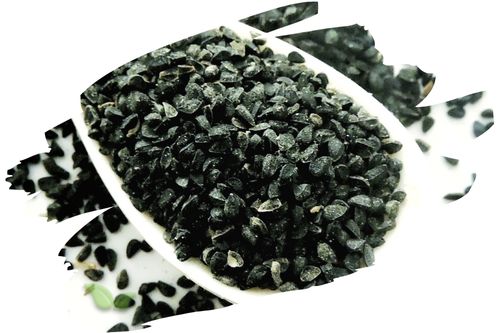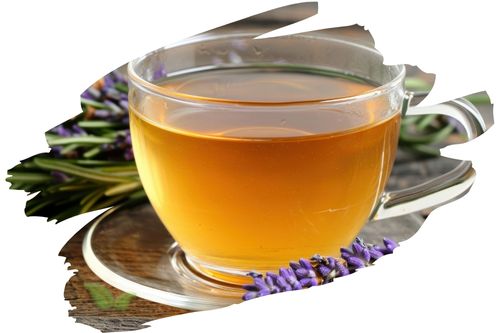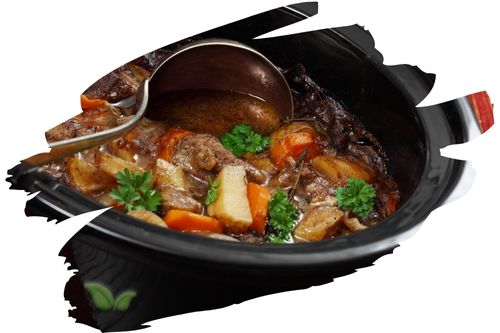
Black pepper is one of the world's most commonly used spices, known for its distinctive flavor and aroma. It is native to the Malabar Coast of India, where it has been grown and used for thousands of years. Today, black pepper is grown in tropical regions around the world, including Southeast Asia, South America, and Africa.
The Piper nigrum plant, which produces black pepper, is a climbing vine that requires a hot and humid climate to thrive. The plant grows best in well-drained soil with plenty of rainfall and sunshine. It can grow up to 13 feet tall and produces clusters of small flowers that eventually develop into berries.
The berries of the Piper nigrum plant are harvested when they are almost ripe and then dried in the sun or in a machine until they turn black. The drying process can take several days, and the berries must be turned regularly to ensure even drying. Once the berries are completely dry, the outer layer is removed, revealing the black seed inside.
Black pepper is a versatile spice that can be used in a variety of dishes, from savory to sweet. It is often used to flavor meat, poultry, and seafood dishes, as well as vegetables and soups. It is also a popular ingredient in spice blends, such as curry powder and garam masala. Black pepper is known for its pungent, slightly spicy flavor, which comes from a compound called piperine. It is also high in antioxidants and has been linked to several health benefits, including improved digestion and lower inflammation.
Alert: While spices can have many beneficial properties for health, using them for medical purposes should be done under the guidance and supervision of a healthcare professional or specialist. Some spices may interact with medications or cause adverse reactions in certain individuals, and it is important to use them safely and appropriately. If you are considering using spices for a medical condition, it is important to consult with a healthcare professional before doing so.




















































